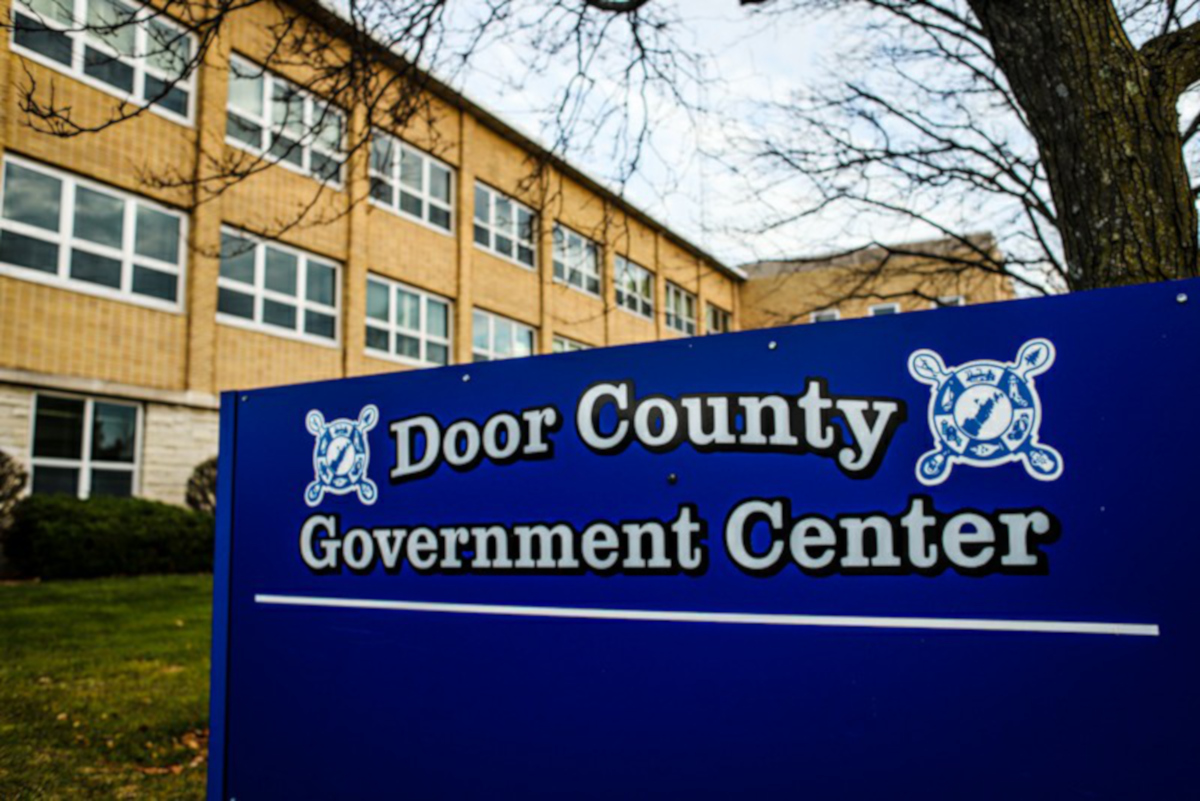An initial sober living facility with space for up to six female Door County residents could open as soon as next month, according to a consultant’s report delivered to the county Health and Human Services Board on July 8.
The county Health and Human Services Department has been working toward opening a sober living facility to meet needs of Door County residents with substance use disorder for the past few years.
HHS is focusing initially on a female-only house because that is where it is seeing the most immediate need, HHS Director Joe Krebsbach said last month. He added that the county could easily fill a 12-bed facility for males and a 12-bed facility for females within the next six months.
The county contracted with CORE Treatment Services, a Manitowoc-based company, earlier this year to provide a feasibility report outlining what the county would have to do to open a sober living facility, including finding a location and determining specific costs.
The report was submitted to the HHS department in advance of the meeting. CORE both operates and provides consultation services for sober living facilities.
Finding funding
Krebsbach said at the meeting that he is a “worst case scenario planner” and that he developed the facility’s first-year budget to reflect that perspective.
According to CORE’s report, the annual expense per client is between $23,725 and $27,375 and is dependent upon the client’s need for services.
If the maximum of six beds are occupied for the full year, it would cost the county roughly $153,300. Including startup costs, the first year’s maximum costs are $178,300, according to Krebsbach.
The county finance committee last month approved $83,000 in funding provided by the American Rescue Plan Act to be designated for facility operation and startup costs. This money is in addition to $685,000 in sober living building special project funds approved last year.
The county has also received $303,499 in opioid settlement funds and that money is not yet spoken for, Krebsbach told the HHS board. A motion to request that the finance committee authorize those funds for the sober living project passed unanimously.
Opioid settlements are payments made by pharmaceutical companies, distributors, and retailers as part of legal proceedings by the U.S. Department of Justice to hold these entities accountable for their contribution to the opioid crisis.
The first payouts came in 2022, and Wisconsin will receive $750 million in settlement funding through 2038, according to the Wisconsin Department of Health Services website. A 2021 state law requires that 70 percent of the settlement funding go to 87 local governments that participated in the settlements.
Wisconsin is required to submit a yearly plan to the federal government for how money will be allocated. The state’s plans can be found on the DHS website as well. The money is meant to fund preventative and treatment efforts to mitigate the opioid epidemic.
Krebsbach reported that Door County can expect $49,069 to $85,292 in settlement funds per year. At least some of that money will be put toward sober living, he said.
HHS has also secured one state opioid grant already, and the department is also applying for a for two more opioid grants, Krebsbach said.
Between grants, community support and partnership, and revenue generated from the Comprehensive Community Services program that most clients will use and pay for, the project is likely to be financially sustainable without relying on tax levy dollars in its first few years of operation, Krebsbach said.
The finance committee will vote on the HHS board’s requests at its meeting Tuesday.
CORE influence
Chris Gilbert is the co-executive director at CORE. His job is coaching leaders and organizations in other communities to create sustainable models to help local people with substance use and mental health disorders.
Gilbert said his goal in consultation is to develop networks where someone who wants to get healthy will be able to access all the resources they need in their own community, creating a “continuum of care.”
CORE has delivered what it promised in its proposal for a feasibility study for a county-run sober living facility, according to Gilbert. It has found a location in Sturgeon Bay to lease for the female-only house, he reported, and that should be open as soon as mid-August or September.
Initially the house will accommodate four residents, but it will allow for up to six as the project develops, he said. Startup costs total $25,000 and include staff costs and training, rent and security deposit, furnishings, bedding, utilities and equipment.
The company has a relatively unique approach to staffing the facility and keeping it sustainable, Gilbert said. CORE promotes hiring certified peer support specialists, as well as clinicians, to provide a more diverse network of support for clients. Peer support is more day-to-day and adds to the “wraparound” experience of recovery, Gilbert said, which is more successful in getting people healthy.
“Peer support has the opportunity to walk them through their life,” he said.
Though still in hiring discussions, Gilbert said he has his sights set on Door County resident Stephanie Short to lead the peer support team at the facility. Short is a certified peer support specialist who is in recovery herself. Short could not be reached for comment.
CORE’s feasibility study identified problems in the community, as well as outlining solutions, Gilbert said, and Door County has some interesting challenges.
“The housing situation is really bad here,” he said. “And the gap between poverty and wealth … there’s no middle.”
Those factors make it much harder for someone in recovery to get back on their feet, he added.
“There is no easy fix, no silver bullet,” Gilbert said, “but (the sober living facility project) is a start.”
Door County also has a lot going for it, according to Gilbert. At an Alcohol and Other Drug Abuse Coalition event CORE co-hosted with United Way of Door County earlier this year, 35 different organizations showed up, he said, and there was a lot of excitement, energy and passion expressed for the sober living project.
He also called Krebsbach a visionary, someone who is willing to think outside the box and help change the community culture to better understand and treat substance use disorder and related issues.
“He’s willing to slam his head against the ceiling and make things happen,” Gilbert said.

